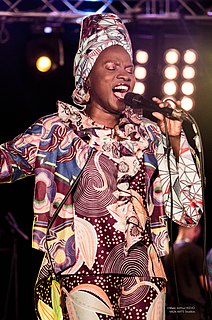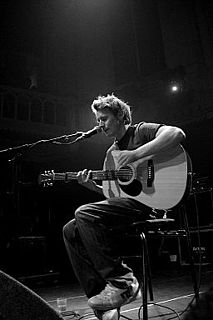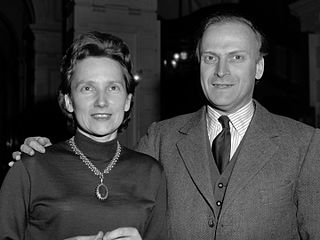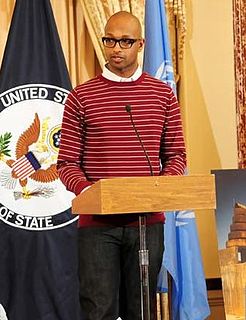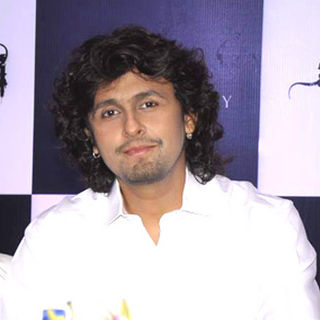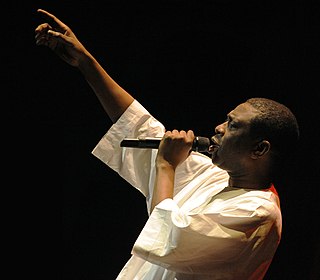Цитата Мириам Макеба
Я сохранил свою культуру. Я сохранил музыку своих корней. Благодаря своей музыке я стал этим голосом и образом Африки и людей, даже не подозревая об этом.
Связанные цитаты
Музыка жителей Запада родом из Африки, нравится им это или нет. Большинство инструментов музыки, поп-музыки, рок-н-ролла, R&B, хип-хопа, что бы это ни было, уходят своими корнями в Африку. Итак, если вы черный, белый, желтый или красный, что бы вы ни делали, это не имеет значения, потому что ваша ДНК вернулась в Африку.
Иногда, когда я играю музыку, мне кажется, что я даю жизнь. ... Это уже не просто записи на бумаге: вы воссоздаете мысль, передаете ее. Он становится общим, но никогда не может быть сохранен. Вы проходите и в то же время отпускаете опыт. В этом часть чуда музыки: ее невозможно сохранить; оно эфемерно и в то же время прочно.
Моделирование было забавным, но я не рассматриваю его так же, как музыку, потому что с модельным бизнесом мне просто повезло, я просто влюбился в него. Меня заметили на вокзале, когда мне только исполнилось 15, я работал полный рабочий день к 16, переехал за границу, а затем просто продолжил и сделал это своей жизнью. В то время как с моей музыкой я действительно боролся и усердно работал, научился писать и продолжал развивать это.
Моя личная теория заключается в том, что вся популярная музыка, в какой бы форме она ни была, для меня исходит из Африки. Будь то фильтрация через Америку или что-то еще - афроамериканец. Но я все еще думаю, что в этой музыке рутов есть что-то очень, очень африканское, и я думаю, что это то, что объединяет людей.

